Category: Features
-
Literary BMGD #13: Pratt’s Historical Sketch
While eclipsed by the Iron Rod imagery in Nephi, the Olive Tree imagery in Jacob is still well-known and referred to frequently. Like so much of Mormon theology, it attempts to give an explanation for the whole swath of human history and show that we are in the last days. Since both images are unique…
-
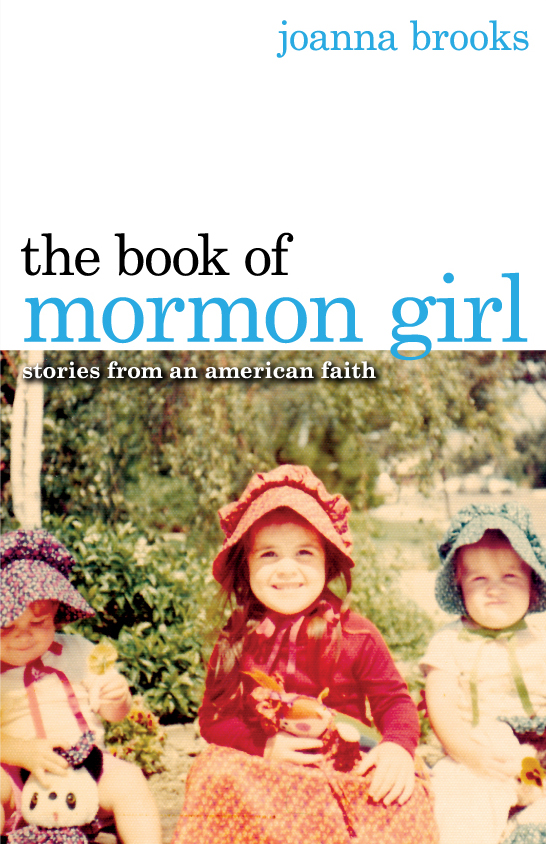
Review: The Book of Mormon Girl
Joanna Brooks is the Chair of the Department of English and Comparative Literature at San Diego State University. She is the author of several books, most recently The Book of Mormon Girl: Stories From an American Faith (2012). The book is available at Amazon and at the author’s website. A short couple of hundred pages,…
-
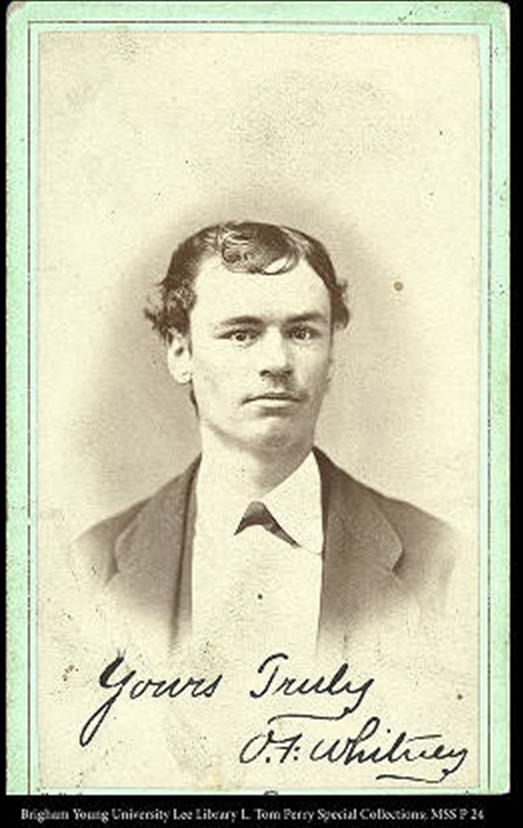
Literary BMGD #12: Aristocracy
A major element of Jacob’s sermon in Jacob 2 is his condemnation of pride and those caught up in their riches. In that sermon, Jacob not only preaches against pride, but argues for equality, saying “Think of your brethren like unto yourselves, and be familiar with all and free with your substance, that they may…
-
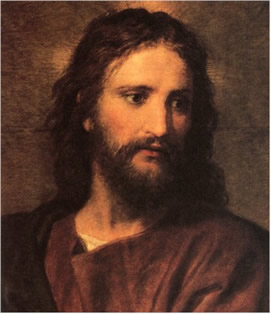
Literary BMGD #11: Eternity of Matter
In Nephi’s final writings (2 Ne. 31, discussed in Book of Mormon Gospel Doctrine lesson 11) he teaches about the “doctrine of Christ,” focusing on Christ’s baptism and redemption of the world from sin and on urging his readers to “endure to the end.” This doctrine is the heart of the gospel, the key element…
-
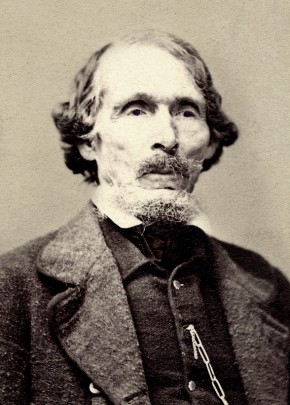
Literary BMGD #10: An angel came down from the mansions of glory
Perhaps the most common theme in early Mormon poetry is the restoration. But while the Book of Mormon itself prophesies about the restoration (as it does in the 10th Book of Mormon lesson), it wasn’t until this hymn was published in 1833 that Mormon poetry addressed the subject. Of course, soon after the Restoration became…
-
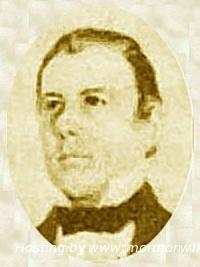
Literary BMGD #9: A Paraphrase of Isaiah 60
Scripture is often repeated in scripture, and poets have rarely been shy about re-using lines of poetry, often without attribution. Plagiarism is everywhere, and our view of it as a faux pas is really relatively recent—this view is certainly more recent than the mid 19th century, when Mormon newspapers started churning out poetry and other…
-
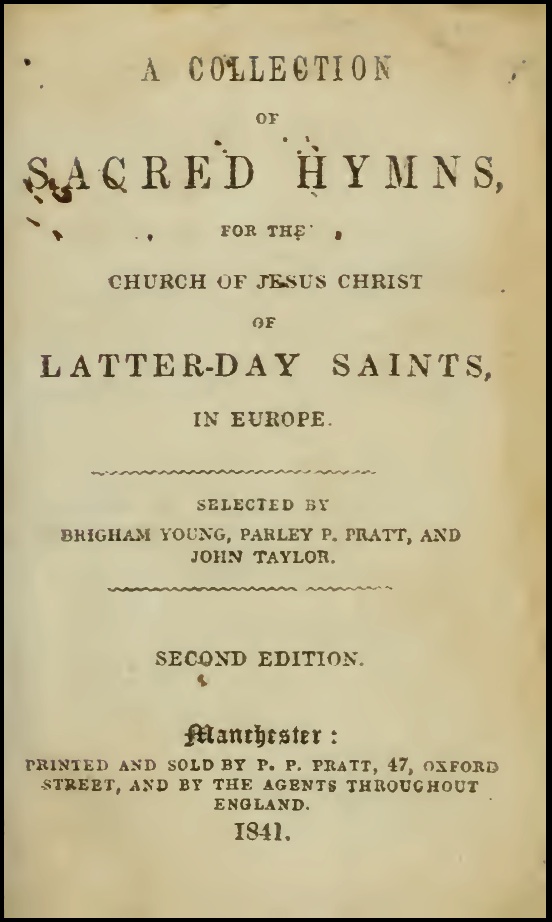
Literary BMGD #8: Twas on that dark, that solemn night
Active Mormons hear poetry about the atonement each Sunday in the sacrament hymn, so finding a poem to go with Jacob’s discourse on the atonement in 2 Nephi 9 isn’t too much of a burden. The hard part is finding something that isn’t already well known and is unique to Mormonism, which I’ve generally tried…
-

Literary BMGD #7: Joseph, From Out of the Dust
Lehi’s final counsel in the Book of Mormon is to his son Joseph makes an interesting literary link between Joseph in Egypt, Joseph the son of Lehi and Joseph Smith, Jr. But, LDS authors have largely ignored this link, especially before 1900, when any mention of Joseph was usually a reference to Joseph Smith, Jr.…
-
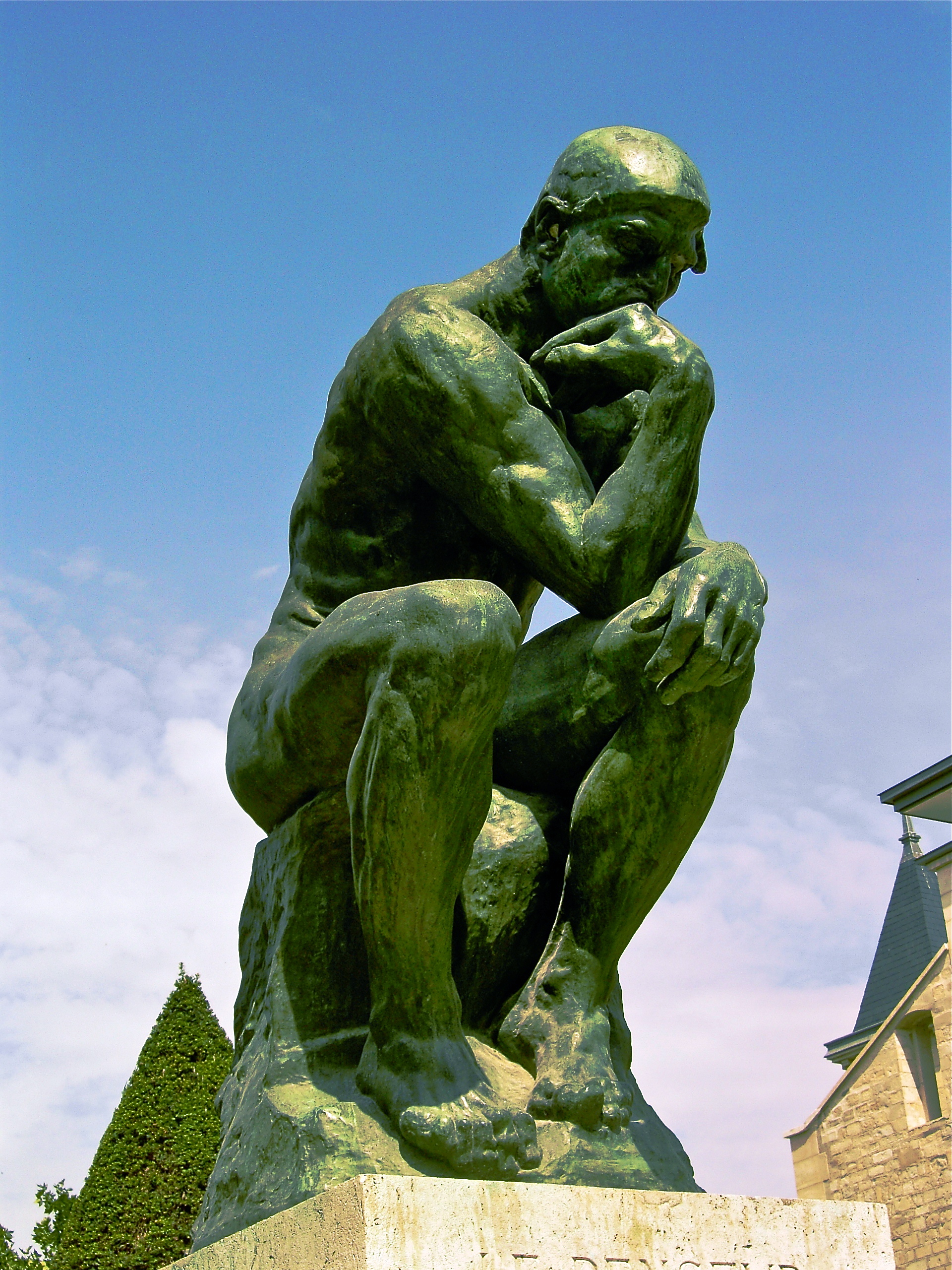
Sunday School Questions
We recently had a teacher training workshop in our ward. There was a good turn out with lots of very positive contributions and an overall great discussion. For my own part I talked about the use of questions as a teacher. I’m sharing what I prepared since it may be useful for some of you,…
-

Literary BMGD #6: Man’s Free Agency
One of the fascinating things that happen in Lehi’s fatherly advice to Jacob in 2 Nephi 1 and 2 is that he tries to put together an overall philosophical basis for the gospel. Here the war in Heaven is related to our ability to choose, the fall is related to the atonement, and our choices…
-
Literary BMGD #5: Trials
The story of Lehi’s family and their travels to the promised land perhaps reaches its height in the crisis point during the storm while they are on board the ship they built. The internal divisions within the family have lead to yet another dispute, and the Lord puts them through a trial to help them…
-
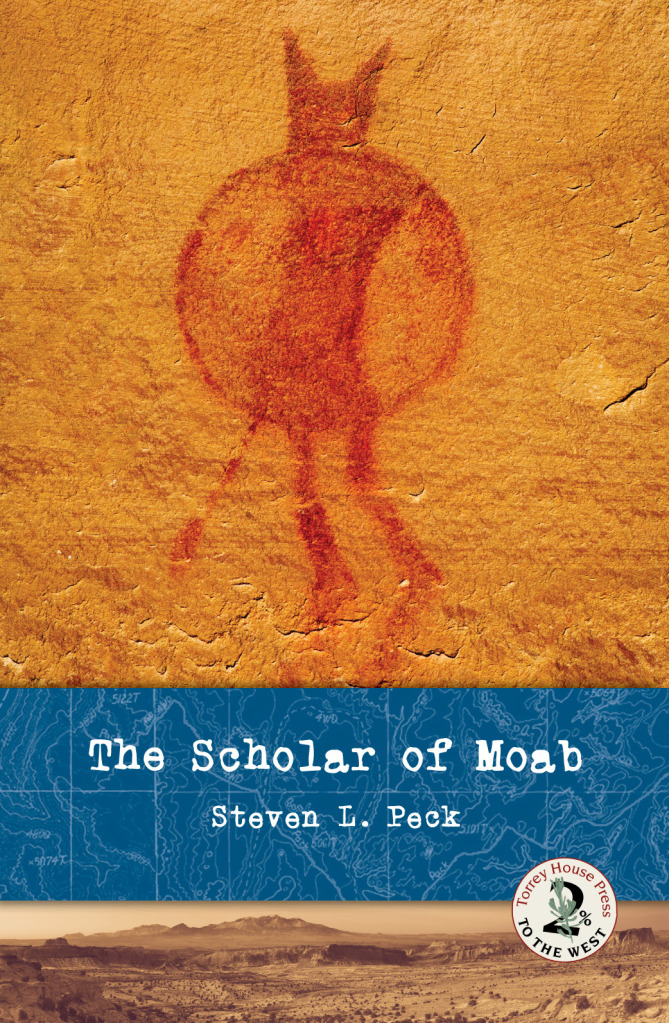
-
Literary BMGD #4: On the Latter-day Dispensation
From a literary point of view the second part of Nephi’s vision, his vision of the future, is very like an epic. It covers a broad sweep of human history and mentions the actions of a series of heroes and heroic groups who have an impact on the fate of humanity. Unfortunately, the broad nature…
-
BMGD #4: 1 Nephi 12-14
Note that I will not be posting notes for lesson #5; I’m taking the week off. (Notes for lesson #6 should be right on schedule, however.) Also note that when I teach this, I plan on covering 1 Nephi 11-15, since I think it makes more sense to treat Nephi’s vision in its entirety and…
-
Times and Seasons’ 2011 Mormon of the Year: Jimmer Fredette
Times and Seasons has selected Jimmer Fredette as Mormon of the Year for 2011. James Taft “Jimmer” Fredette began 2011 leading BYU’s basketball team to the NCAA championships, leading many to expect that the team might make the later rounds of the playoffs. While those hopes were unrealized (in part due to the sudden withdrawal…
-
Literary BMGD #3: Hymn of Praise
While perhaps not the most important symbol in the Vision of the Tree of Life (1 Nephi 8-11), the Iron Rod may be the one that has received the most attention, at least in recent decades[fn1]. But I think I was able to find something that kind of fit with the whole vision instead of…
-
BMGD #3: 1 Nephi 8-11; 12:16-18; 15
This isn’t a lesson; it is the notes from which I will prepare a lesson.
-
Literary BMGD #2: The Pilgrims’ Hymn
In looking for a literary work to go with the second Gospel Doctrine lesson this year, I was struck by some of the parallels between what Nephi experiences in the first few chapters in the Book of Mormon and what the early Mormons went through in traveling to Utah. Many of those we call the…
-
BMGD #2: 1 Nephi 1-7
Again, this isn’t a lesson. It is the notes from which I will prepare a lesson. Sorry it is so long. (The rabbit trail of the week was related to the killing of Laban, but I don’t plan on discussing that with my class.)
-
Vote for Mormon of the Year 2011
This post opens the voting for Mormon of the Year. Votes will be taken until midnight Eastern Time on Saturday, January 7th, at which time the voting will close. The voting mechanism will attempt to restrict votes to one per person. The order of the choices is set at random, and is different each time…
-
Literary BMGD #1: Address to the Book of Mormon
I’m pleased that Julie has begun a series of posts that cover this year’s lessons on the Book of Mormon. With this post I will begin a kind of companion series: Mormon poetry and literary texts that can accompany each week’s lessons. Since Mormon literature often gets short shrift (usually from those who haven’t actually…
-
BMGD #1: Introduction
These are the notes from which I will create my Sunday School lesson. It is not a Sunday School lesson, unless your ward has Sunday School for five hours and a high tolerance for rabbit trails that happened to catch my interest.
-
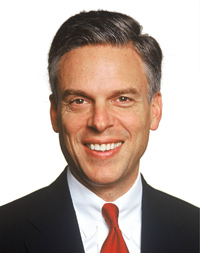
An Argument for Huntsman
With the impending vote, most Mormons may assume that Mitt Romney is the clear favorite. He has been the most consistent front runner for the Republican nomination for President this year, and his views may be most consistent with those of most Mormons. So why vote for Jon Huntsman, Jr.…
-

The Literary, Linguistic and New York City Life of Pratt
The first Institute class held in our upper Manhattan apartment in 1988 explored Mormon philosophy and intellectual life. The readings included a 1969 Dialogue article by Leonard Arrington, “The Intellectual Tradition of the Latter-day Saints,” (pdf) which mentioned a questionnaire Arrington had sent to 50 Mormon intellectuals asking them to list the five most eminent…
-
Mormon of the Year Nomination Update
We opened nominations for Mormon of the Year 2011 on December 9th. To keep everyone up to date, here are the nominations so far. Nominations remain open through December 31st, and a public vote on the candidates will begin January 1st. Feel free to make additional nominations or second any of those that have not…
-

Is Fredette only Mormon in the NBA?
The long-delayed NBA pre-season starts Friday, much to the delight of the nation, and, of course, the Jimmer Fandom (Jimmermaniacs?). And as I reviewed the information I’ve clipped about Mormons in basketball, I faced a surprising conclusion: Jimmer is the only Mormon currently playing in the NBA. Could that be right? If it isn’t, I’d…
-
Nominate the 2011 Mormon of the Year
Its that time of year again. The media will soon start reviewing the important news stories of the year, Time will soon select its Person of the Year; so we should get busy selecting the Mormon of the Year. For those who don’t remember, T&S selected Mitt Romney as the Mormon of the Year for 2008,…
-

A Missionary Reminiscence on Christmas
When the mission president announced to our small group of greenies that I was going to Strasbourg, I shrugged the resigned shrug of a missionary who knew nothing about anywhere but was willing to go wherever. One of the sisters expressed jealousy; Strasbourg, she said, was one of the best cities in the mission. She…
-
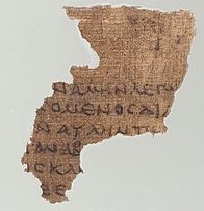
New Testament Sunday School Lesson 46: Revelation 5-6, 19-22
The word “end” has at least two meanings in English: the point that marks the boundary or limit, such as the last point in a series, and the purpose or goal. Of course, these two meanings are not necessarily mutually exclusive. When speaking of the end, Latter-day Saints often use a phrase that is worded…
